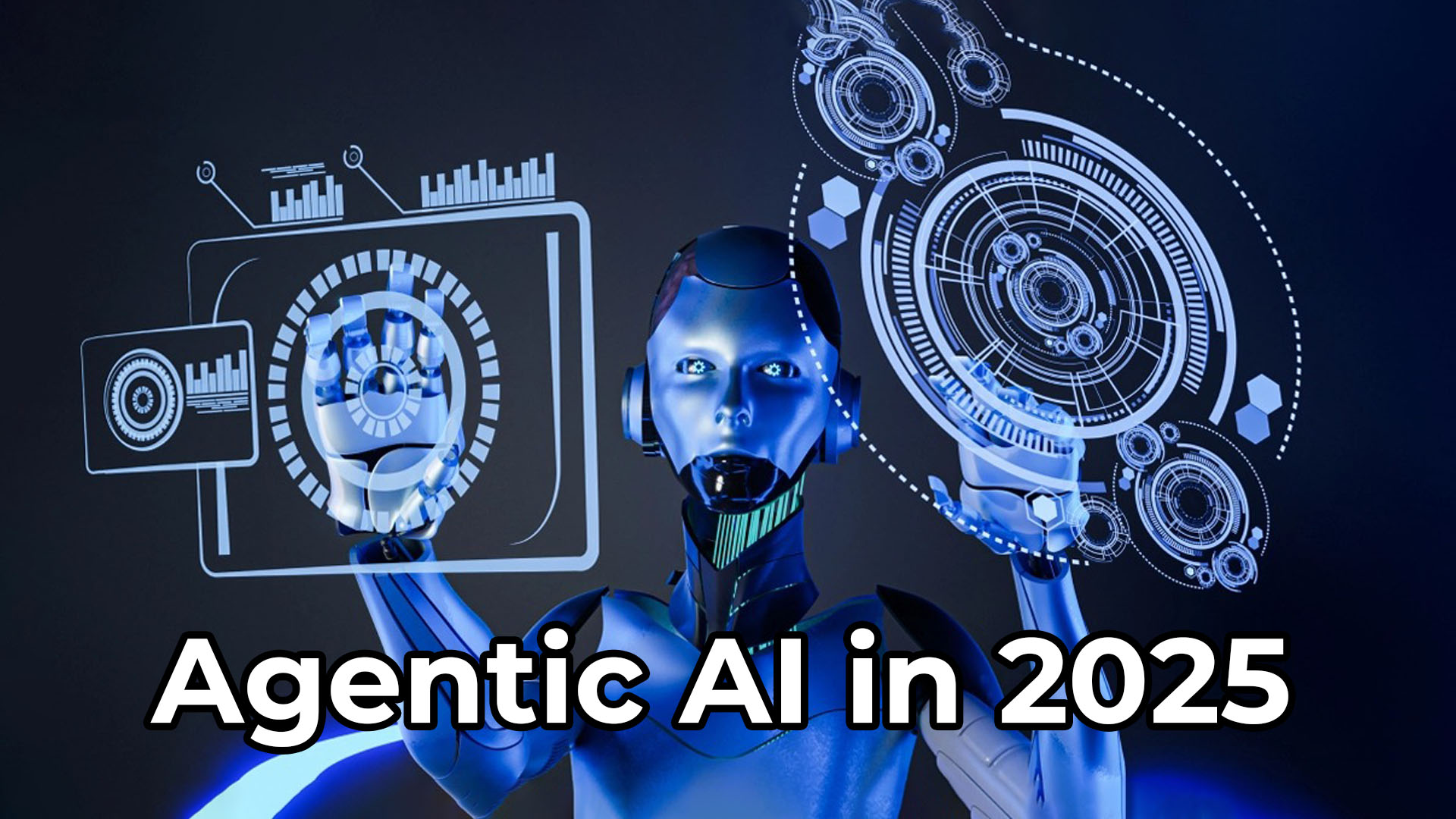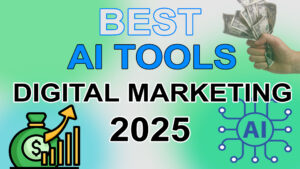In 2025, agentic AI is at the forefront of technological disruption, powering a new generation of intelligent systems that act independently to perform complex tasks. These AI agents go beyond simple automation—they plan, reason, adapt, and execute decisions autonomously. As a result, sectors such as healthcare, finance, logistics, and customer service are undergoing a massive transformation driven by these intelligent digital workers.
What Is Agentic AI?
Agentic AI refers to autonomous systems capable of goal-directed behavior. Unlike traditional AI models that rely on predefined inputs and outputs, agentic AI agents:
- Analyze dynamic environments
- Set goals based on context
- Plan and execute actions independently
- Learn from outcomes to refine their strategies
Examples include digital assistants that manage entire workflows, logistics bots that reroute supply chains in real time, and financial agents that optimize investment portfolios without human input.
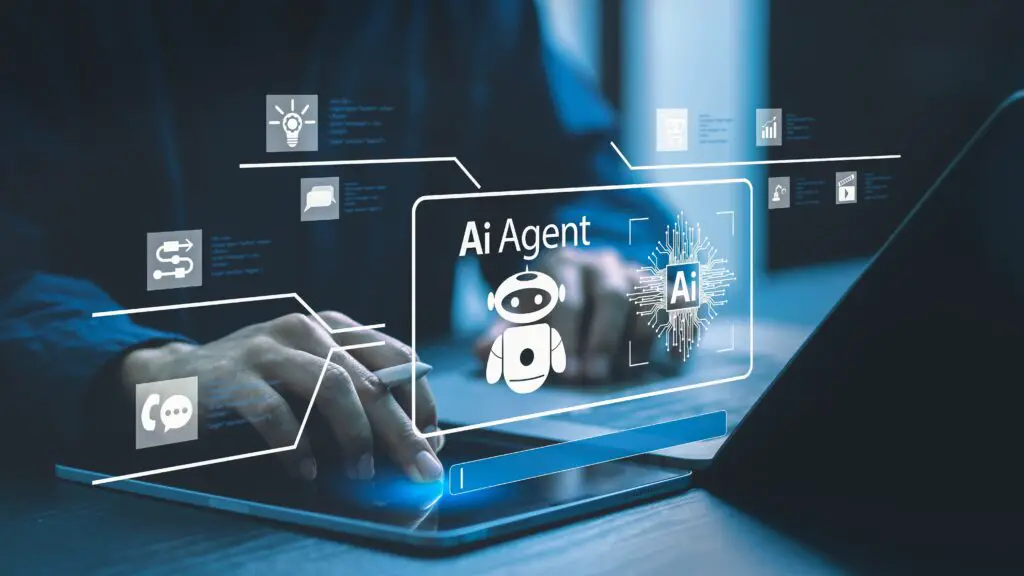
How Agentic AI Is Transforming Healthcare
In healthcare, agentic AI is being used to manage patient care, from diagnosis to follow-up. These agents:
- Analyze electronic health records
- Schedule treatments
- Monitor patient vitals in real-time
- Alert doctors of anomalies before they escalate
Hospitals are now integrating agentic AI with wearable tech to ensure continuous care and proactive intervention.
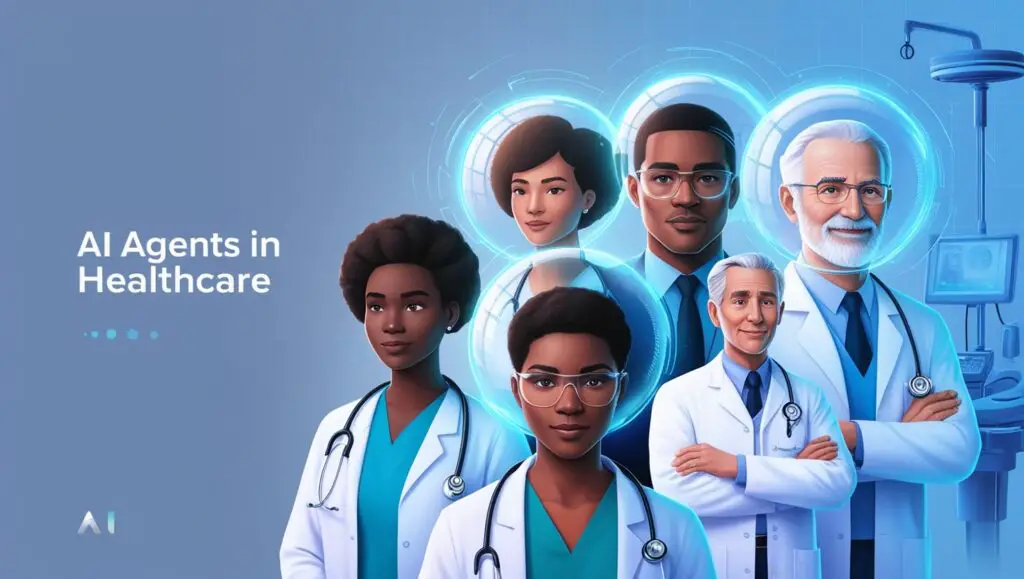
Financial Sector: Smarter, Faster Decisions
In the financial world, it’s is revolutionizing how firms handle investments, compliance, and fraud detection. These AI agents can:
- Monitor market trends
- Adjust investment strategies in real-time
- Detect anomalies across financial transactions
- Ensure regulatory compliance with evolving laws
Large institutions are already deploying agentic AI to outperform traditional trading systems.
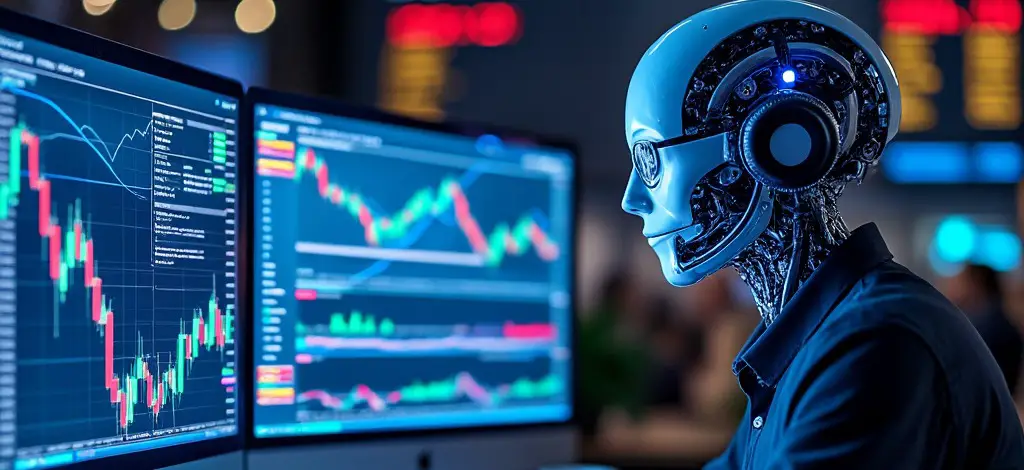
Change in Logistics & Supply Chain
Agentic AI is streamlining supply chains by autonomously:
- Tracking shipments
- Rerouting deliveries in response to weather or traffic
- Managing warehouse inventory
- Communicating with other AI systems for seamless coordination
This results in faster, more cost-efficient logistics operations with minimal human intervention.
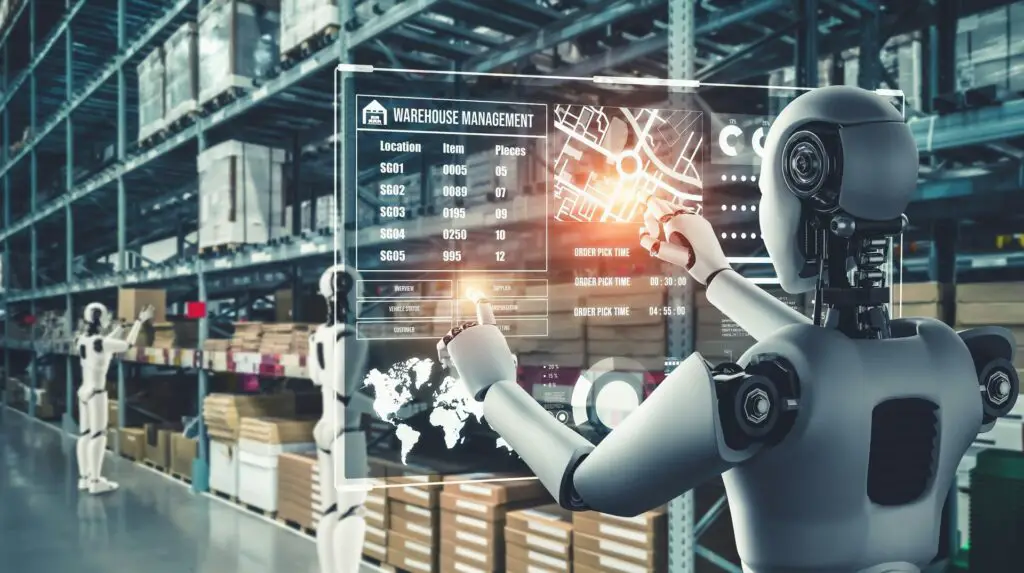
Ethical and Operational Challenges
Despite its benefits, it poses challenges:
- Lack of transparency in decision-making
- Data privacy concerns
- Risk of unintended consequences
- The need for robust regulation
Organizations must implement safeguards and ensure accountability to responsibly deploy Ai agents
Conclusion: A Paradigm Shift in 2025
The rise of agentic AI in 2025 marks a significant leap in automation and intelligence. From hospitals to financial markets and global supply chains, autonomous agents are becoming indispensable digital collaborators. As industries continue to adopt these technologies, the future of work and decision-making is being reshaped by machines that think, act, and adapt on their own.
Want to chat? Contact us here!

